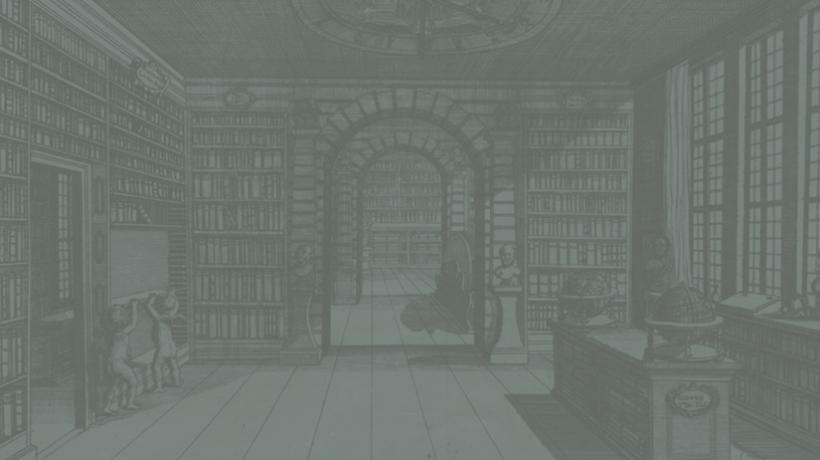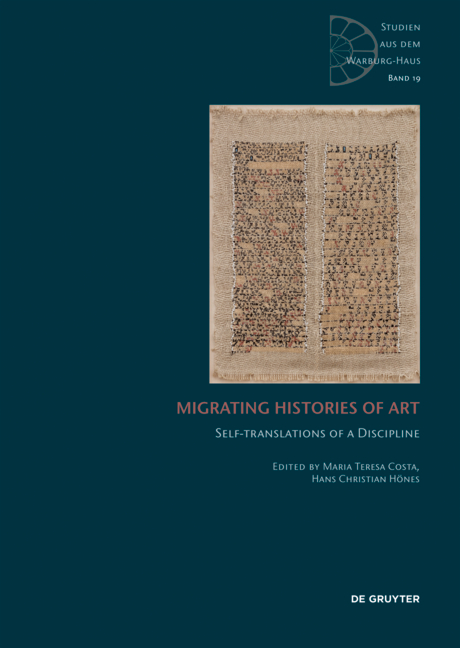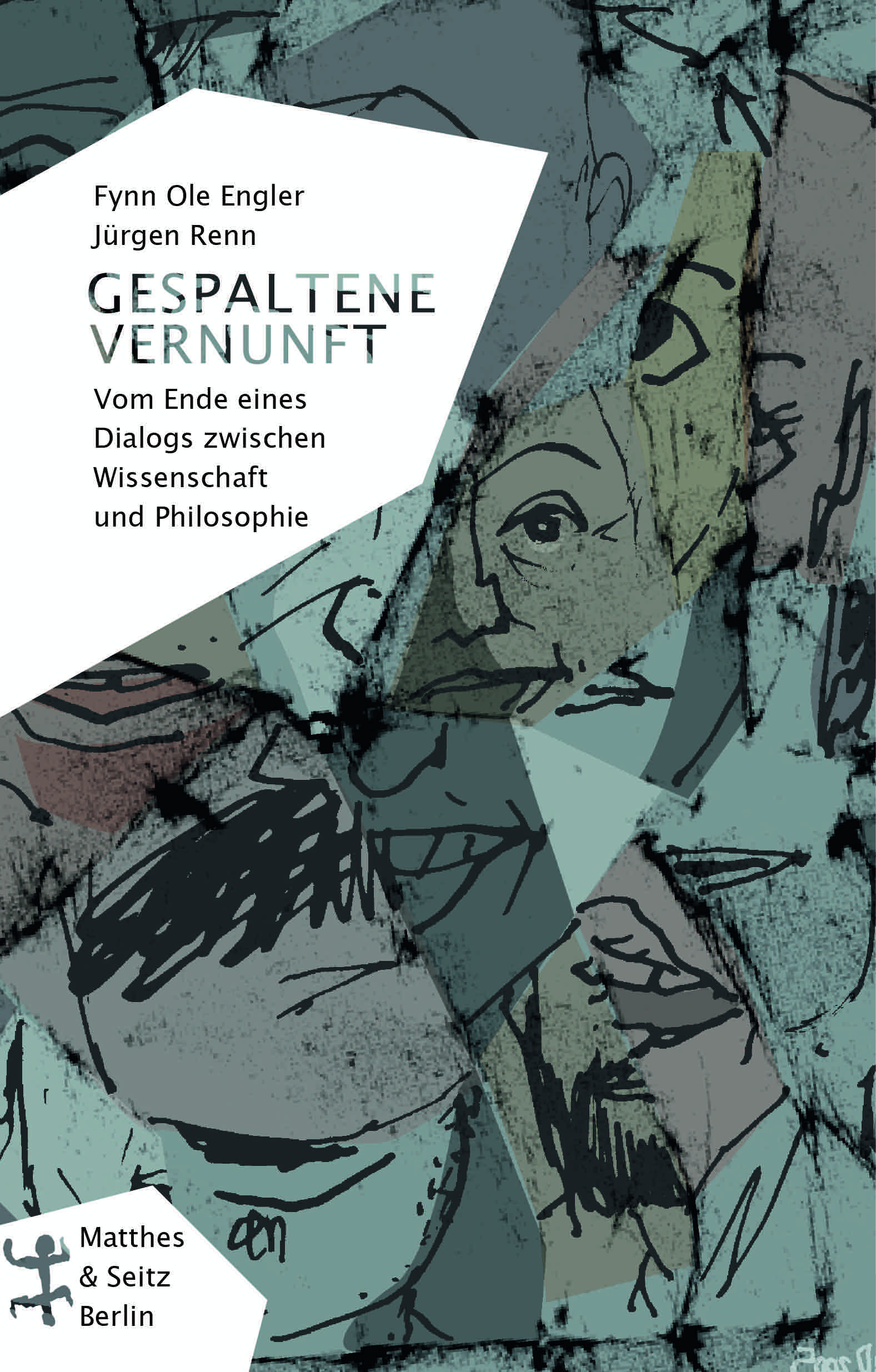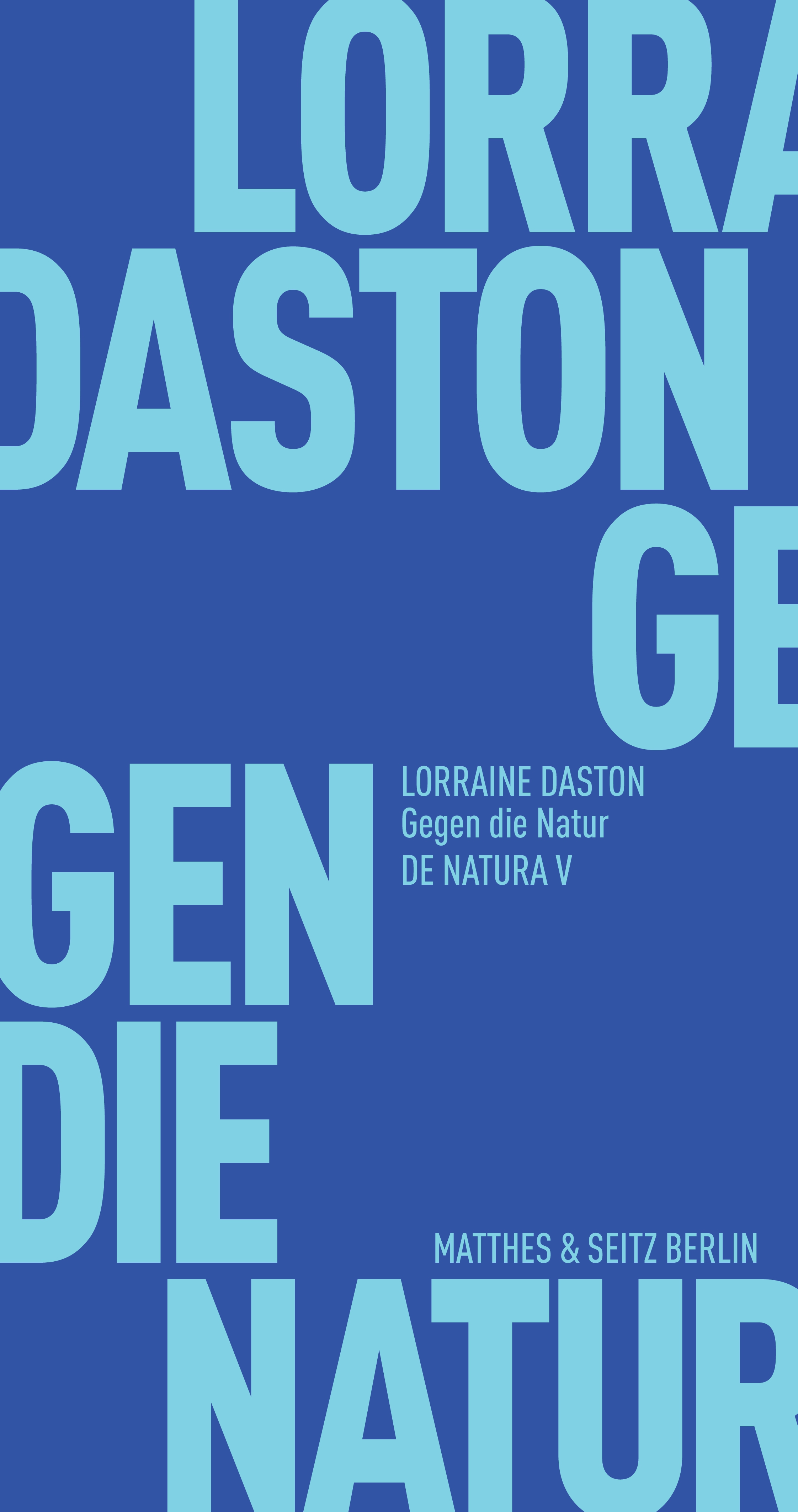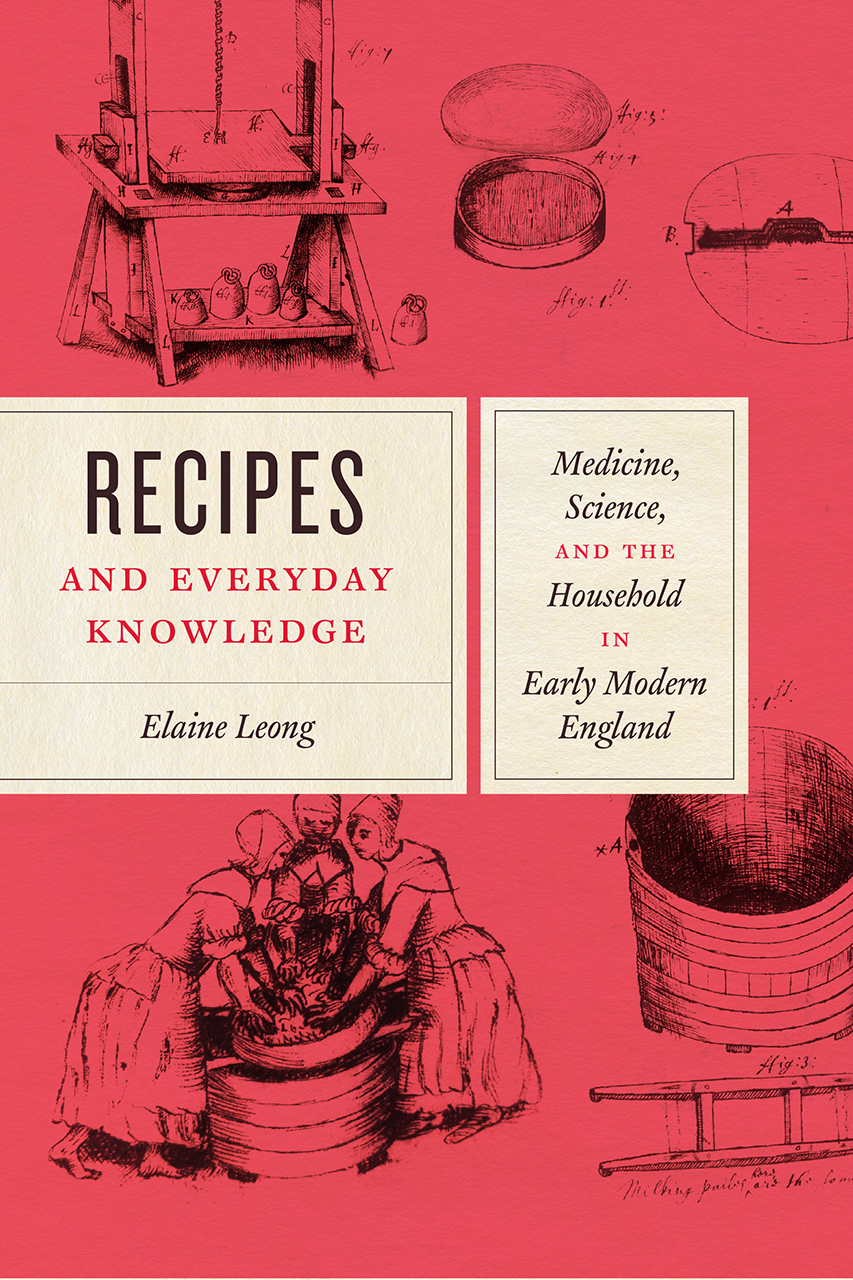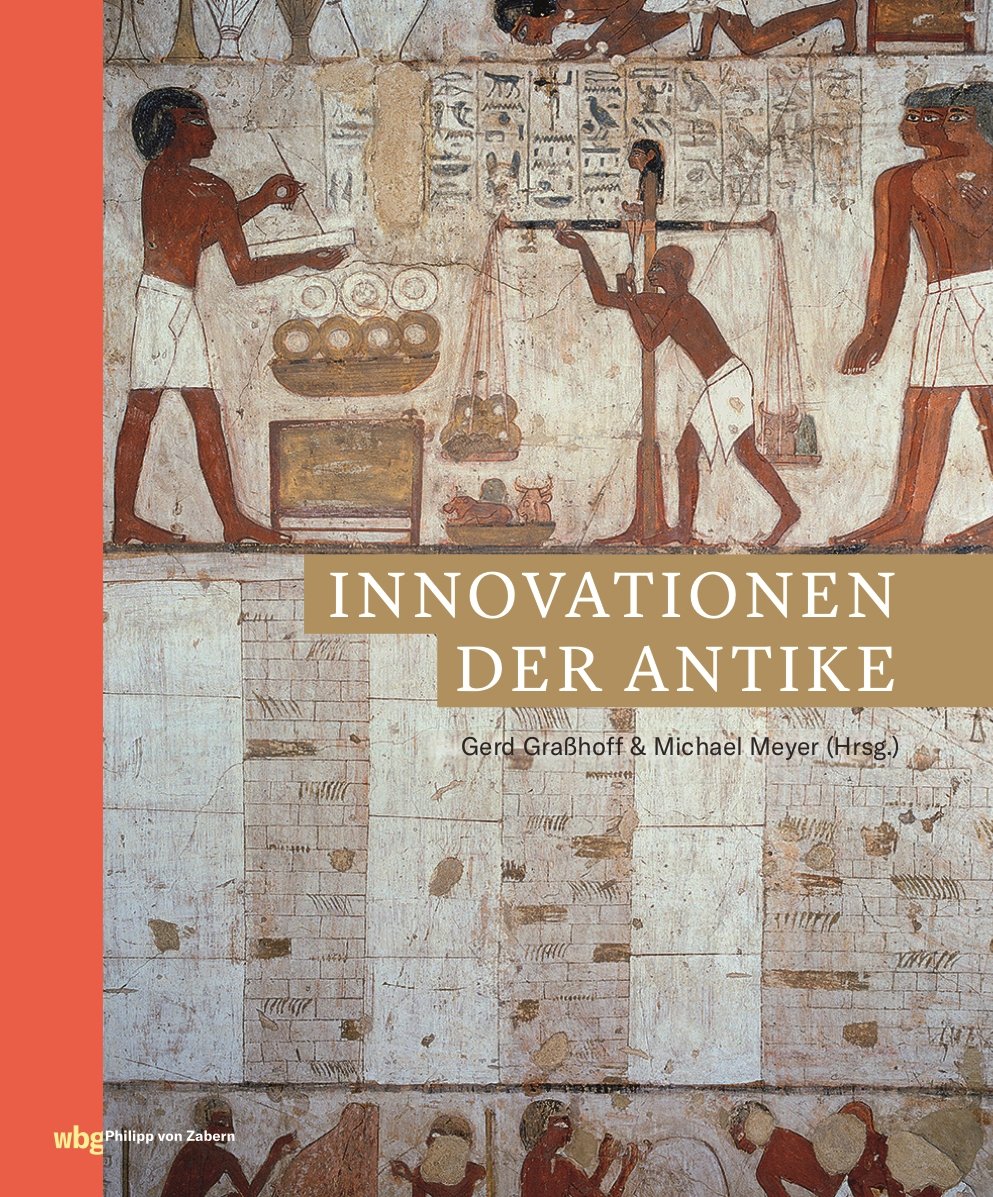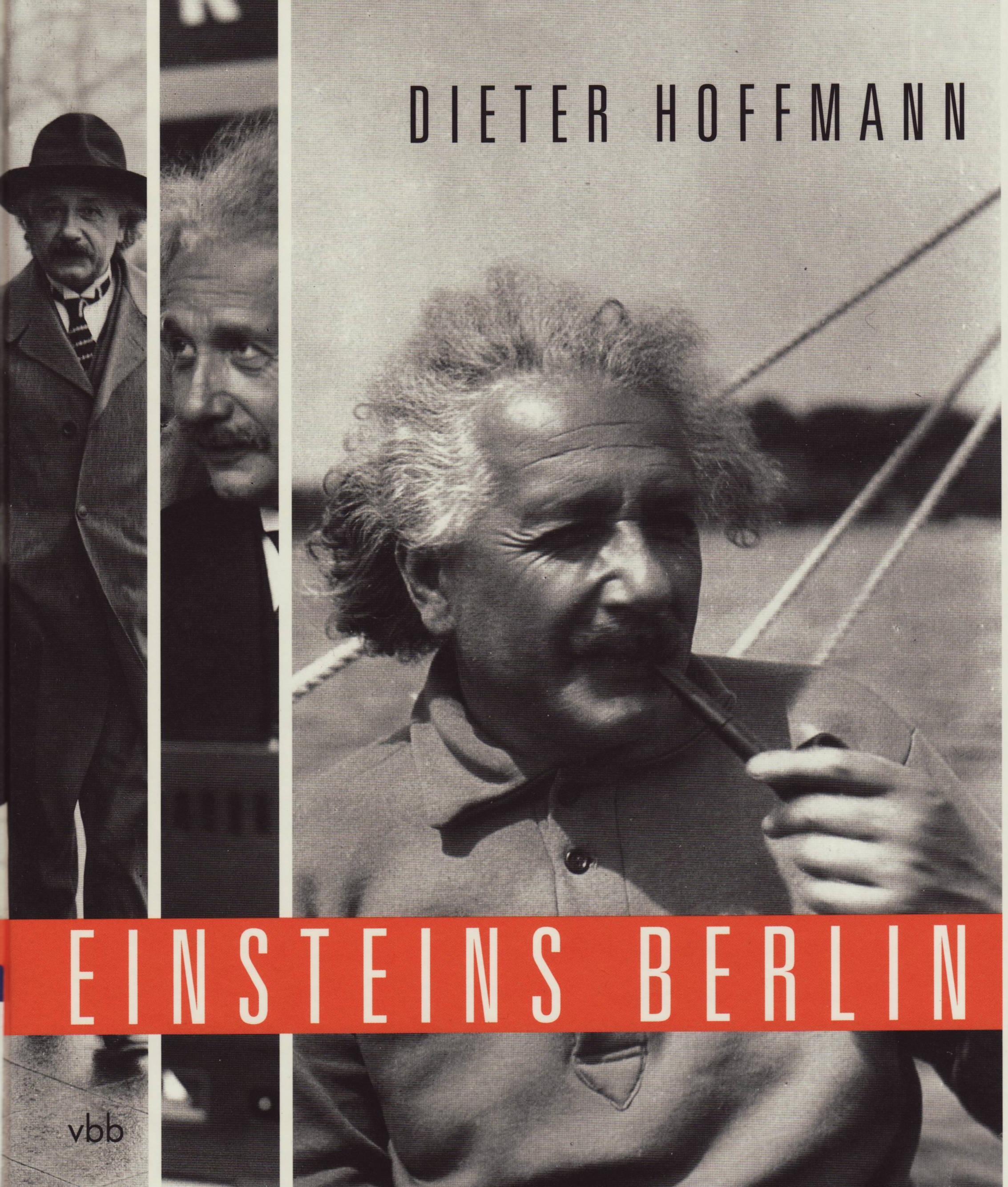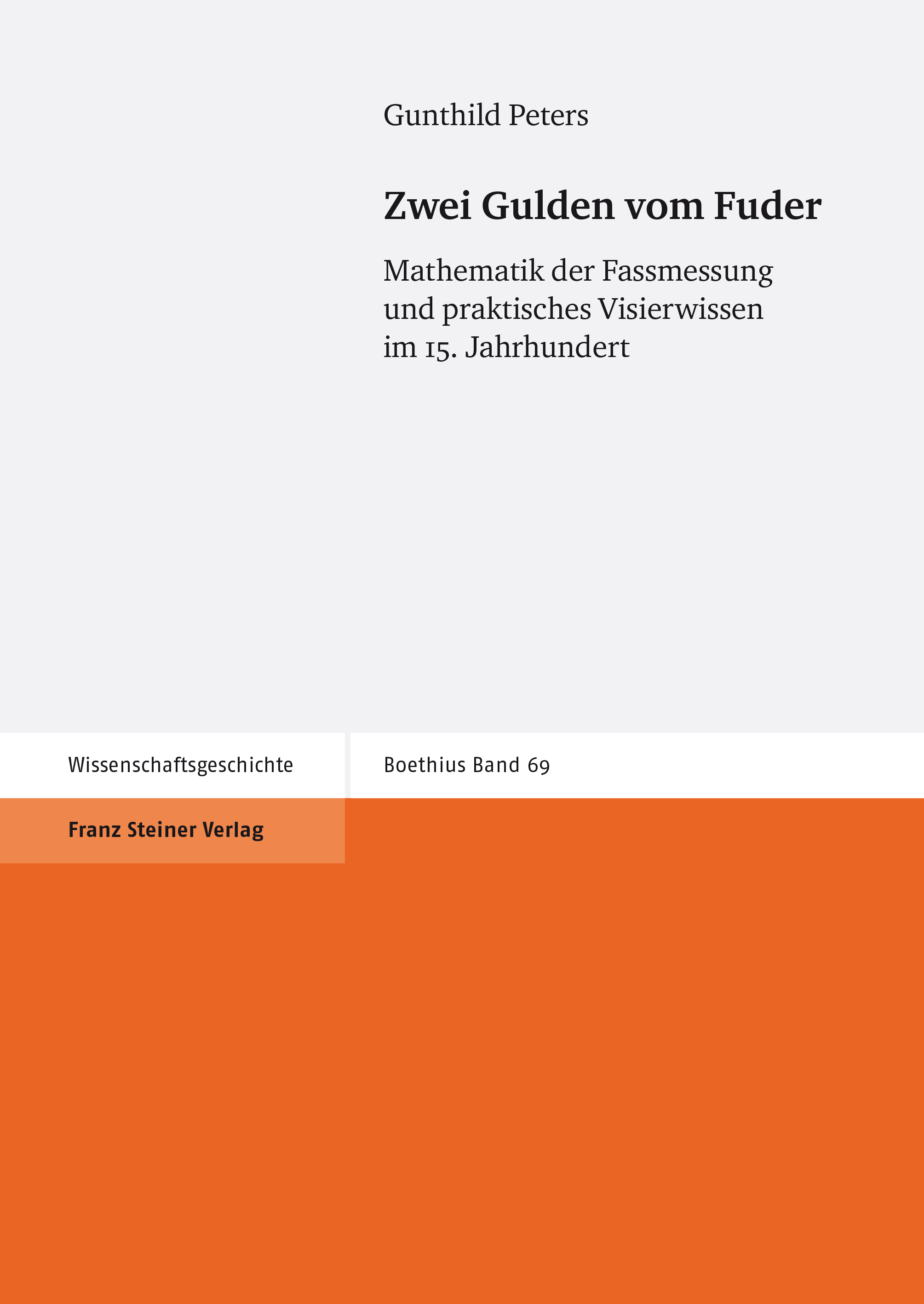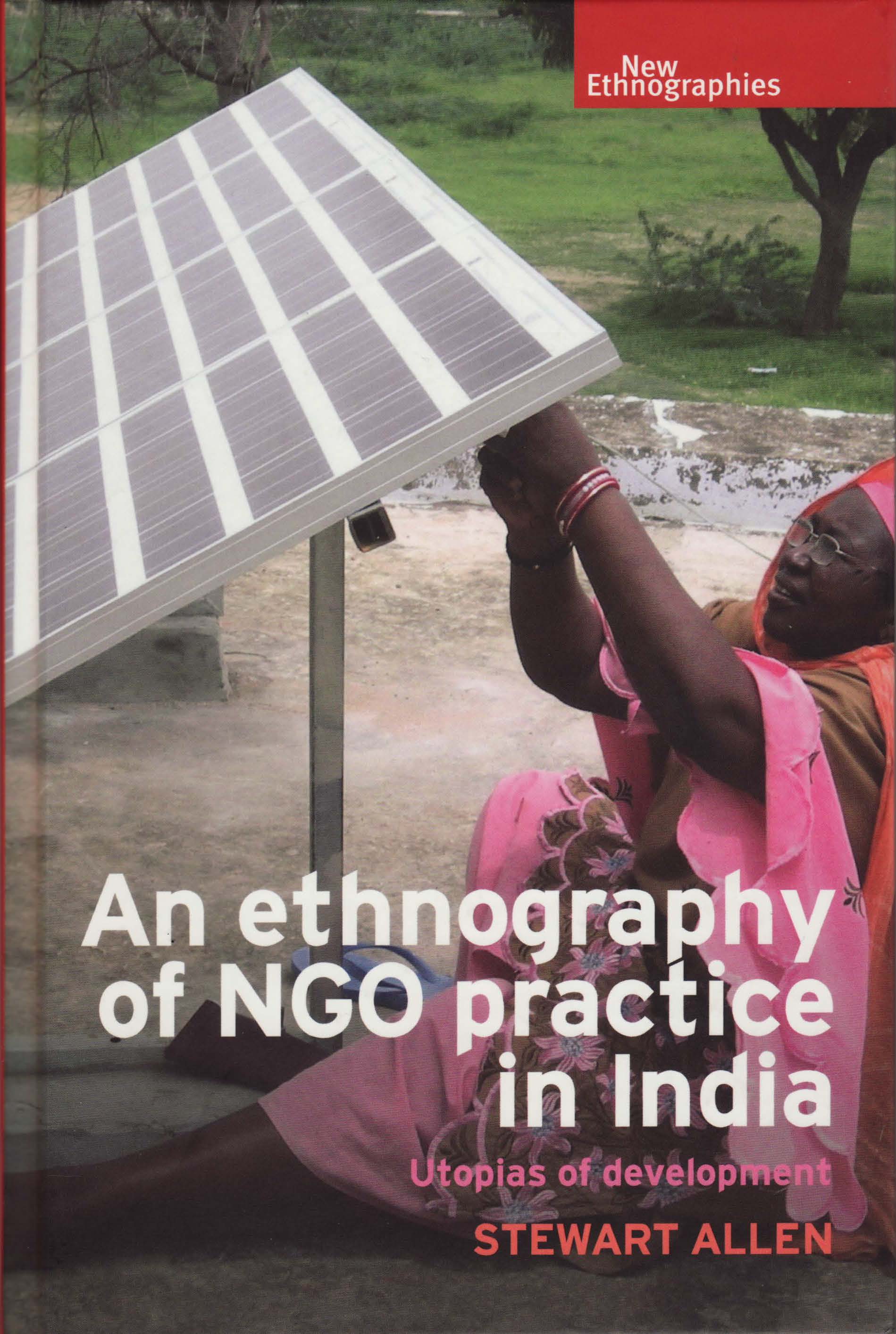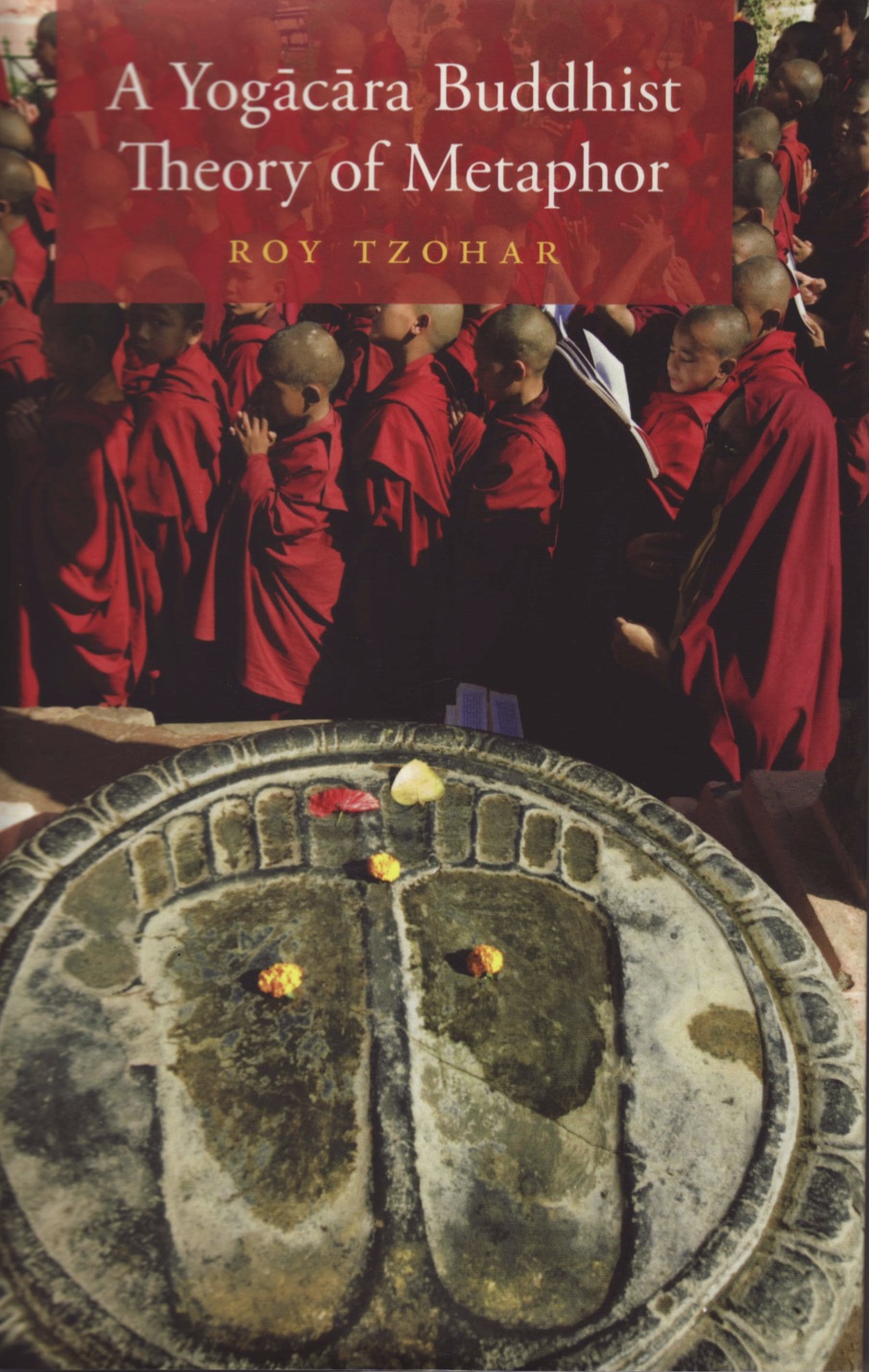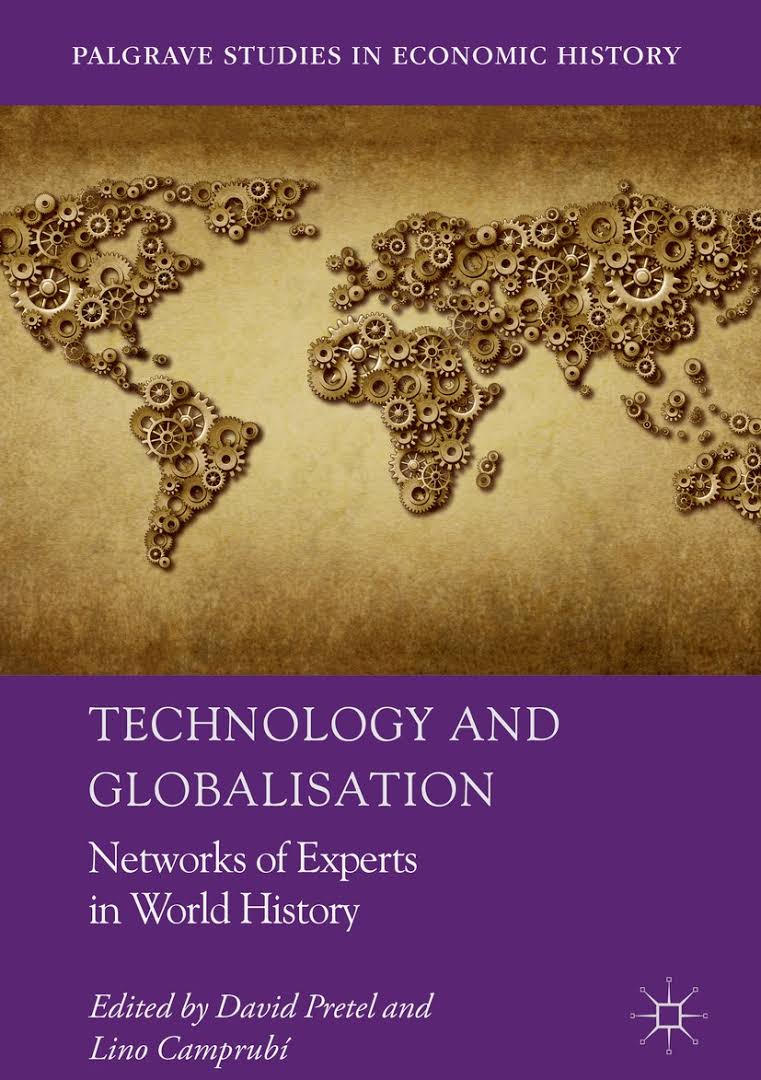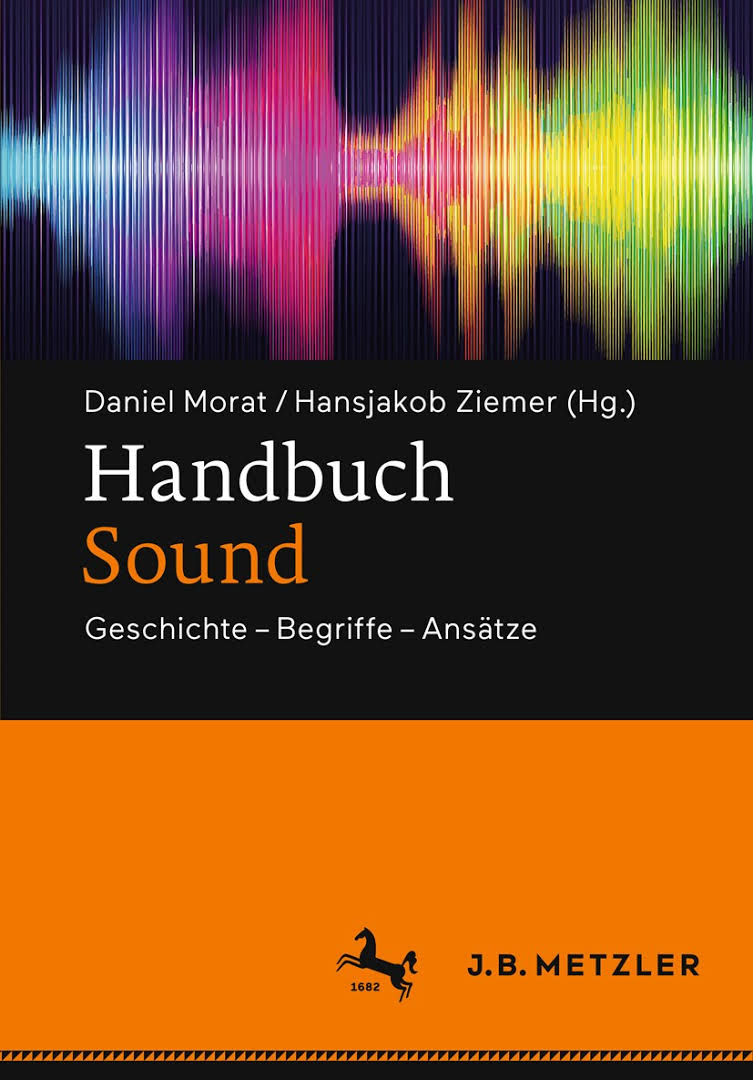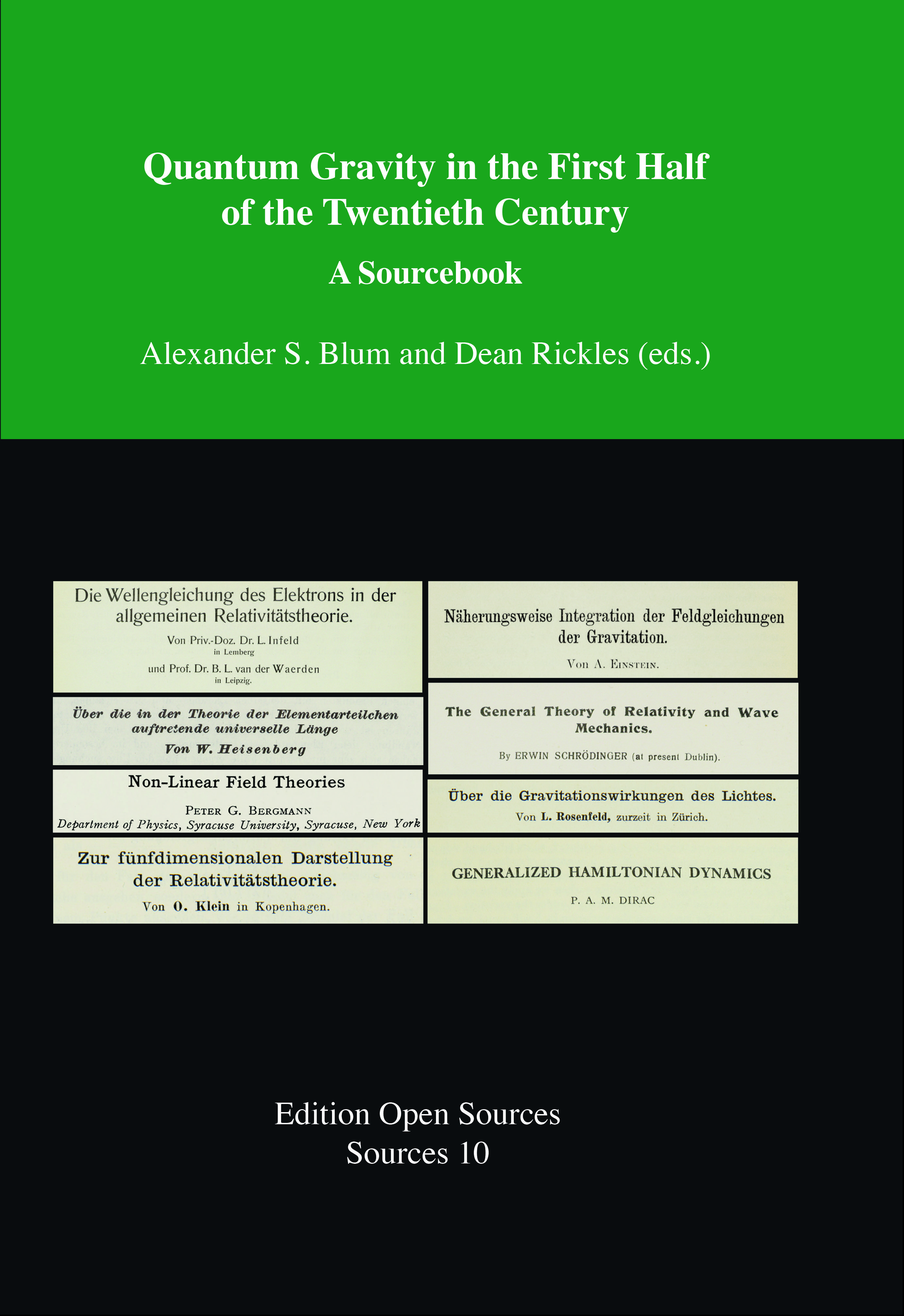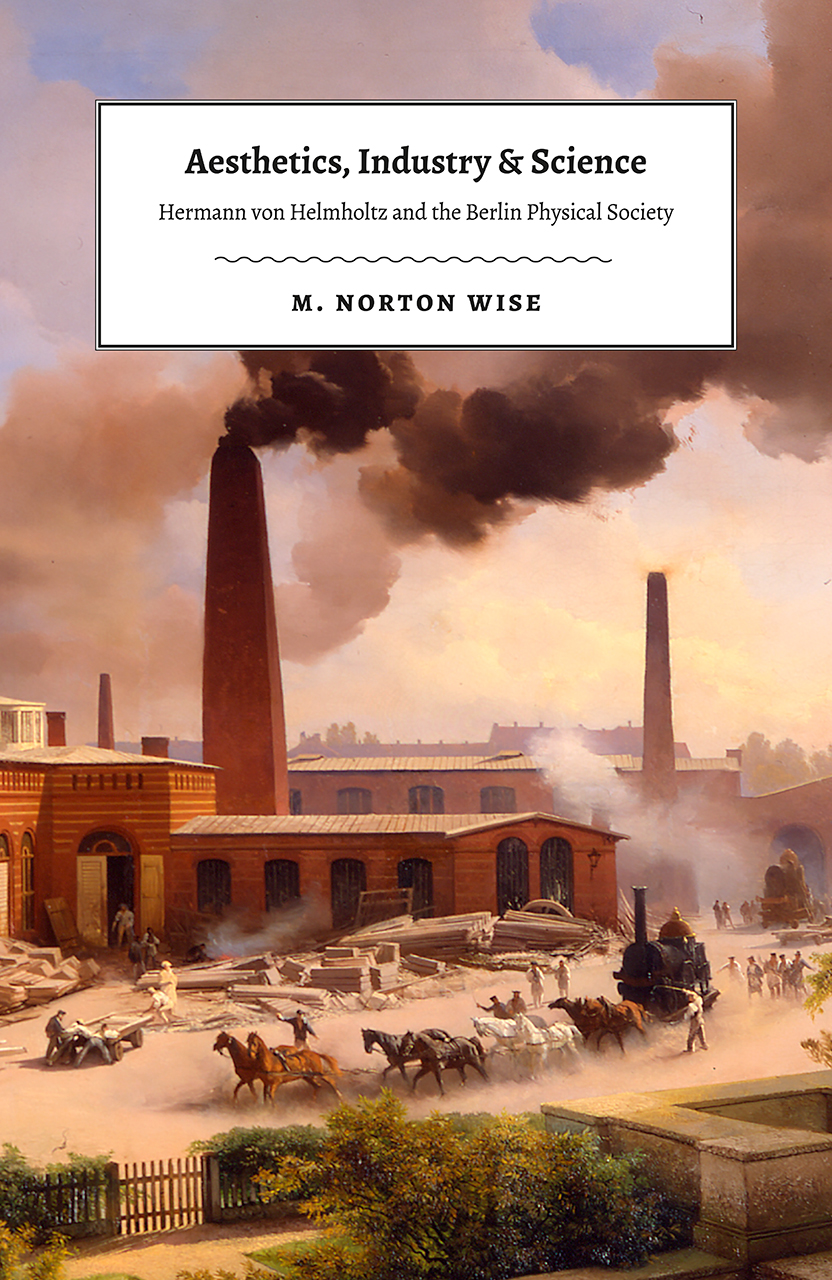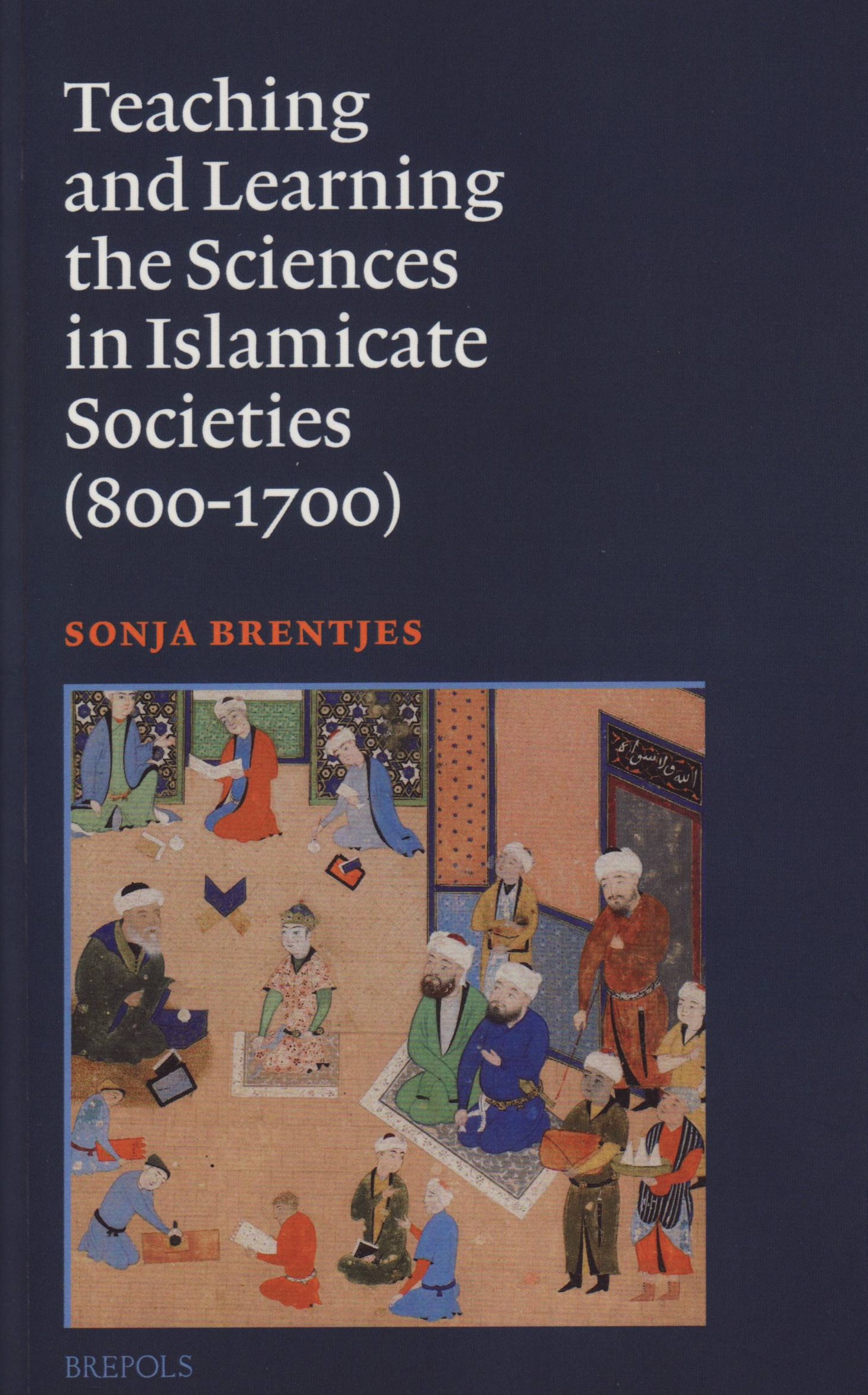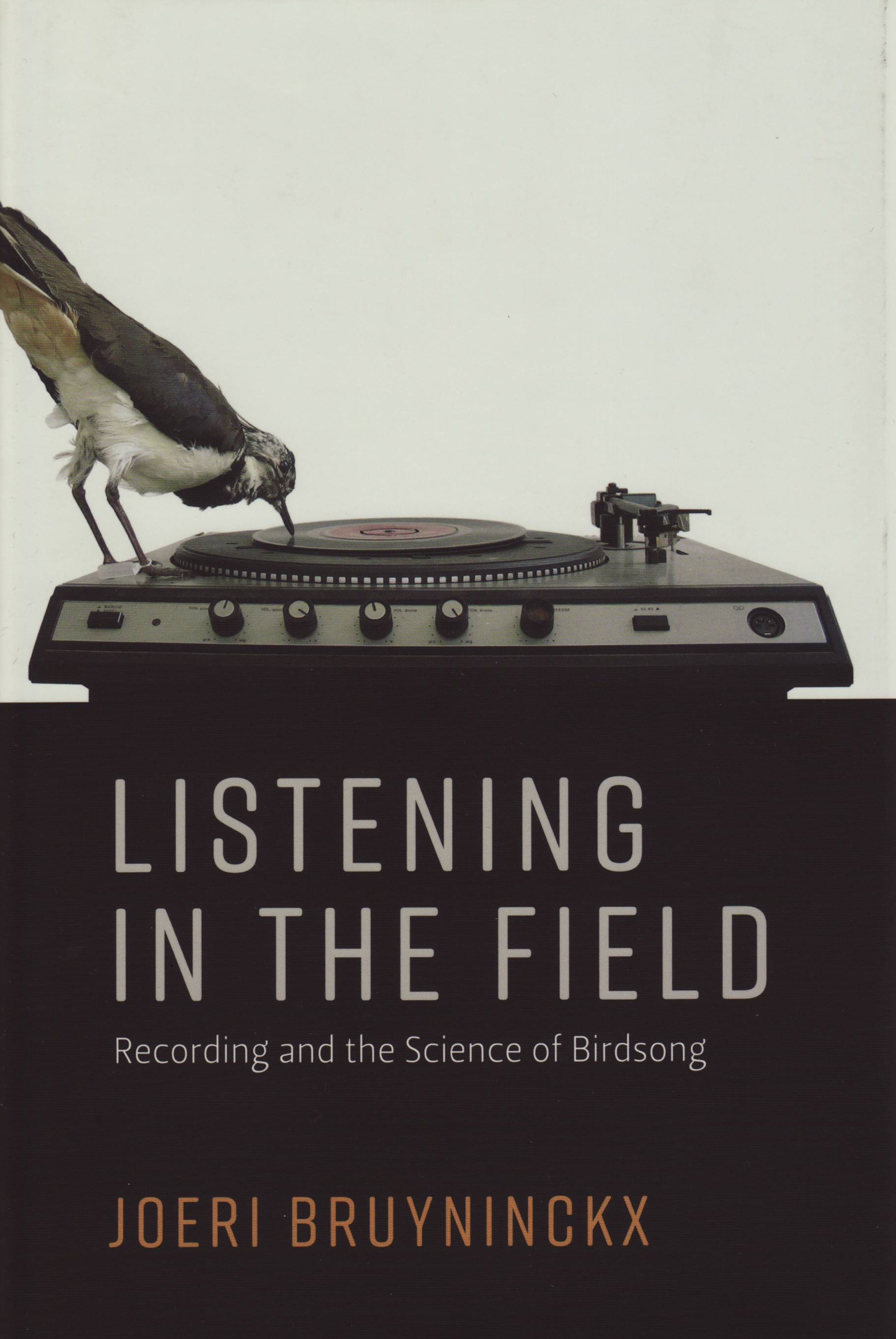Special Issue (Working Group Volume)
Experiencing the Global Environment
The "Scales of Experience" introduces the special issue "Experiencing the Global Environment" by focusing on three dimensions of the theme that are reflected to various degrees in the constitutive essays.
MORE
Working Group Volume
Emergence and Expansion of Preclassical Mechanics
This book aims to introduce a systematic framework for the historical representation and analysis of preclassical mechanics from a historical-epistemological perspective. Preclassical mechanics is understood here as a heterogeneous knowledge system emerging in the period roughly between the fifteenth and the seventeenth centuries, before classical mechanics was formulated, in continuation of Newton’s work, as a coherent and comprehensive mechanical theory.
MORE
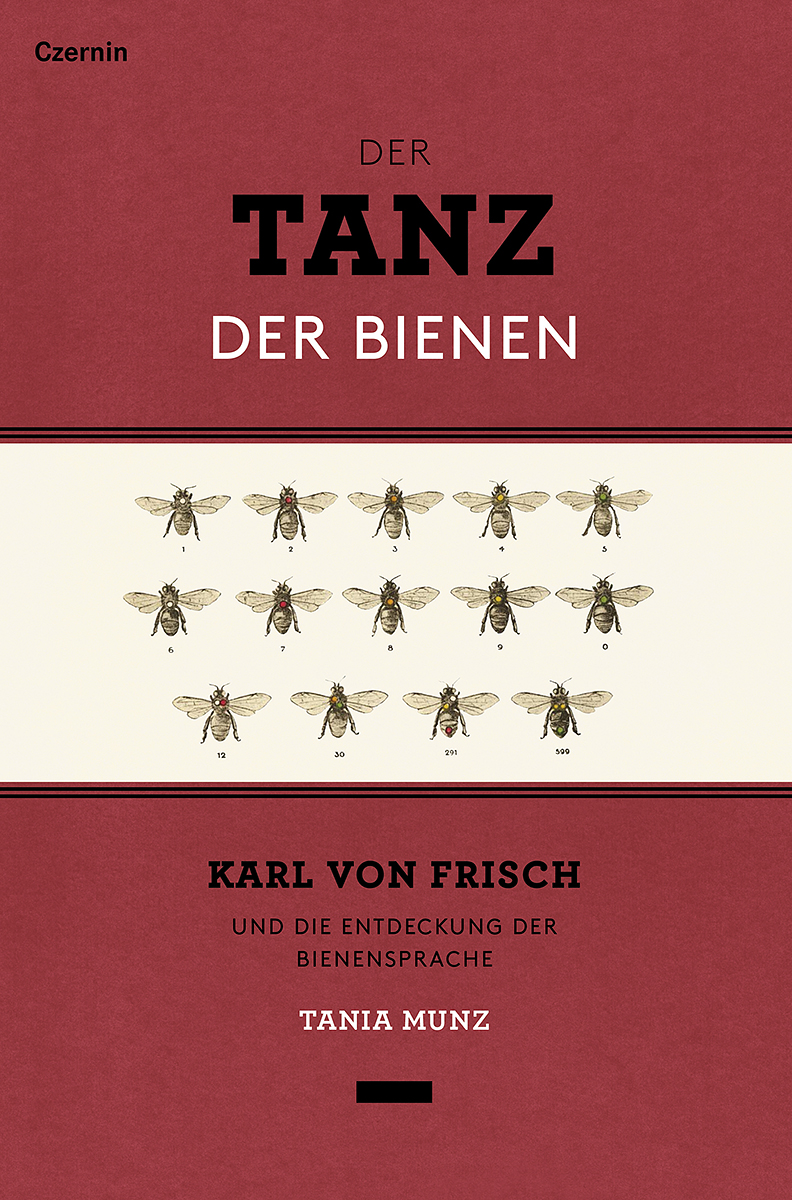
Book
Der Tanz der Bienen: Karl von Frisch und die Entdeckung der Bienensprache
Rund- und Schwänzeltanz sind die faszinierende Sprache der Bienen. Der Verhaltensforscher Karl von Frisch, 1886–1982, entdeckte diese und andere Stärken der fliegenden Insekten – eine Pionierleistung, die ihm 1973 den Nobelpreis einbrachte. Mit »Der Tanz der Bienen« liegt nun die erste eingehende und meisterlich erzählte Biografie über den Ausnahmewissenschaftler vor.
MORE
Edited Book
Migrating histories of art: self-translations of a discipline
‘Migrating Histories of Art’ aims to study the biographical and academic impact of these self-translations, and how the adoption and processing of foreign-language texts and their corresponding methodologies have been fundamental to the disciplinary discourse of art history.
MORE
Book
Gespaltene Vernunft: vom Ende eines Dialogs zwischen Wissenschaft und Philosophie
Mit der Weimarer Republik ging auch eine Epoche einer engagierten Vernunft zu Ende. Dieses Buch beschreibt den geschichtlichen und wissenschaftlichen Kontext, in dem sich Wissenschaftler wie Albert Einstein, Moritz Schlick und Ludwik Fleck engagierten, und legt verschüttete Potenziale für ein historisches Verständnis von Rationalität frei, das sowohl die Wissenschaft wie ihre lebensweltliche Umgebung umfasst.
MORE
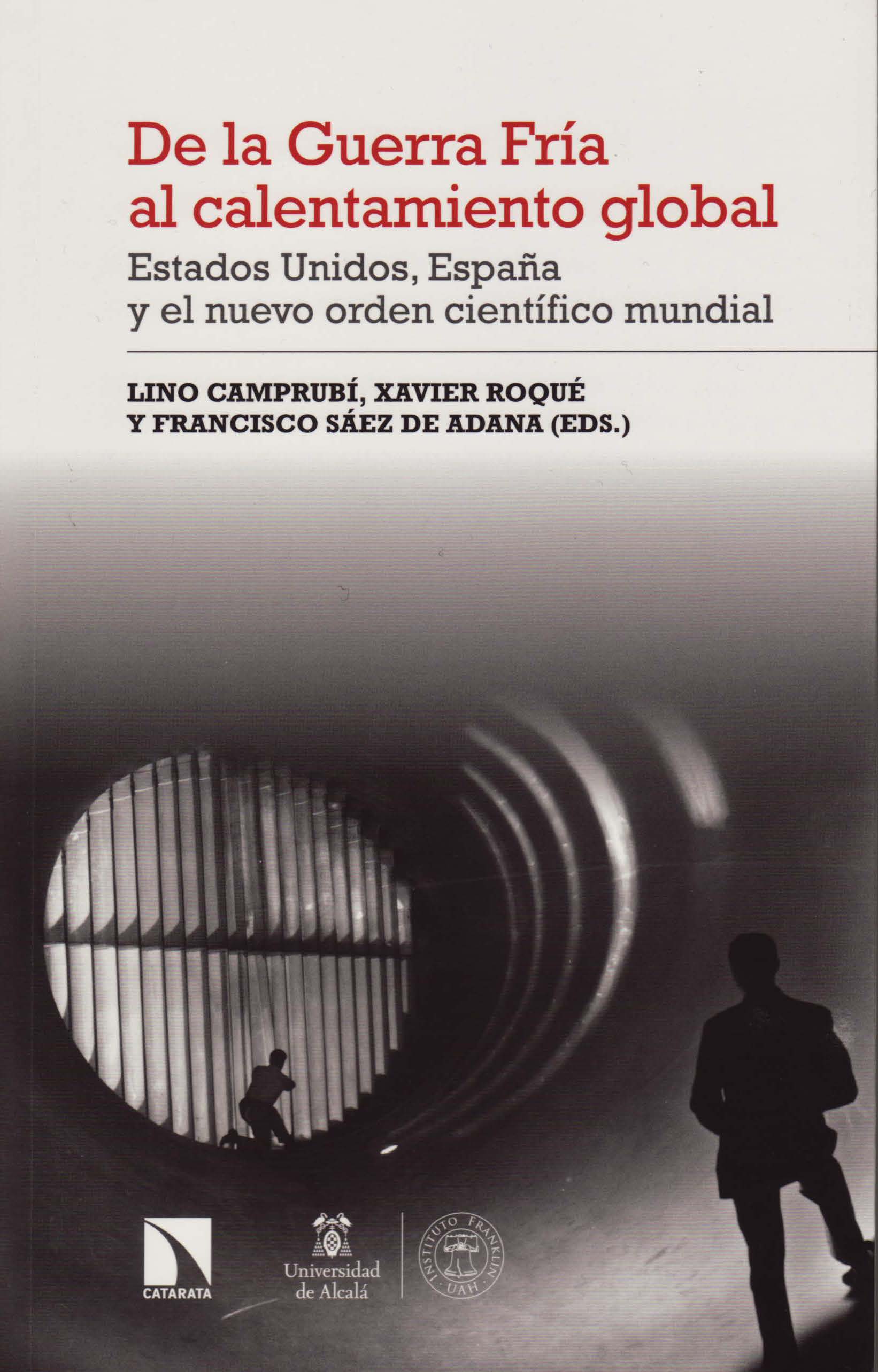
Edited Book
De la guerra fría al calentamiento global: Estados Unidos, España y el nuevo orden científico mundial
Diplomáticos, secretos, alianzas, espías, uranio y bombas se dan cita este libro, que reúne personajes y estampas típicas de la era nuclear y la Guerra Fría. Pero también nos encontramos con científicos, investigación e intercambios tecnológicos, ya que la pregunta principal que analizamos es la siguiente: ¿cómo influyó la hegemonía militar y económica estadounidense en las nuevas formas de investigación científica y técnica durante la segunda mitad del siglo XX?
MORE
Book
Gegen die Natur
Der Verweis auf natürliche Ordnungen ist eine Konstante in menschlichen Normsetzungen. Scheinbare Verletzungen des »Natürlichen« durch menschliche und nichtmenschliche Akteure rufen starke emotionale Reaktionen hervor: Staunen, Furcht oder Schrecken. Doch wie kann Natur zum Vorbild menschlicher Normierungen werden?
MORE
Book
Recipes and Everyday Knowledge: Medicine, Science, and the Household in Early Modern England
Across early modern Europe, men and women from all ranks gathered medical, culinary, and food preservation recipes from family and friends, experts and practitioners, and a wide array of printed materials. Recipes were tested, assessed, and modified by teams of householders, including masters and servants, husbands and wives, mothers and daughters, and fathers and sons.
MORE
Edited Book
Innovationen der Antike
Innovationen haben nicht nur einen starken Einfluss auf unser heutiges Leben, sie formten und beeinflussten bereits den Alltag der Menschen in der Antike. Ein interdisziplinäres Expertenteam des Exzellenzclusters Topoi stellt nun erstmals fächerübergreifend und basierend auf neuesten Forschungsergebnissen die bedeutendsten Innovationen der Menschheitsgeschichte vor.
MORE
Book
Einsteins Berlin
Fast zwei Jahrzehnte wirkte der wohl bedeutendste Physiker des 20. Jahrhunderts in der Reichshauptstadt. Diese Jahre markieren den Höhepunkt von Einsteins wissenschaftlicher und gesellschaftlicher Anerkennung – sie waren allerdings auch eine Zeit zunehmender politischer Spannungen. Was zog Einstein an die Spree und hielt ihn eine solch lange Zeit in der Stadt?
MORE
Book
Zwei Gulden vom Fuder: Mathematik der Fassmessung und praktisches Visierwissen im 15. Jahrhundert
Wieviel Wein ist eigentlich in einem Holzfass enthalten? Diese Frage stellt sich nicht nur der Liebhaber eines guten Tropfens: Im mittelalterlichen Weinhandel war sie von essentieller Bedeutung, denn die von den Städten beim Weinverkauf erhobene Steuer stellte eine wesentliche Einnahmequelle dar. Da die handgefertigten Fässer nicht normiert waren, erfanden kluge Köpfe für ihre Inhaltsbestimmung einfach zu bedienende Messstäbe, die Visierruten.
MORE
Book
An Ethnography of NGO Practice in India: Utopias of Development
Through an ethnographic study of the "Barefoot College," an internationally renowned non- governmental development organization (NGO) situated in Rajasthan, India, this book investigates the methods and practices by which a development organization materializes and manages a construction of success.
MORE
Book
A Yogācāra Buddhist Theory of Metaphor
This book is about what metaphors mean and do within Buddhist texts. More specifically, it is about the fundamental Buddhist ambivalence toward language, which is seen as obstructive and yet necessary for liberation, as well as the ingenious response to this tension that one Buddhist philosophical school—the early Indian Yogācāra (3rd–6th century CE)—proposed by arguing that all language use is in fact metaphorical (upacāra).
MORE
Edited Book
Technology and Globalisation: Networks of Experts in World History
This book examines the role of experts and expertise in the dynamics of globalisation since the mid-nineteenth century. It shows how engineers, scientists and other experts have acted as globalising agents, providing many of the materials and institutional means for world economic and technical integration.
MORE
Edited Book
Handbuch Sound: Geschichte – Begriffe – Ansätze
Dieses Handbuch bietet einen Überblick über Sound in den Kultur-, Geistes- und Sozialwissenschaften. Ausgehend von der Beobachtung, dass Sound ein soziales und damit auch ein historisches Phänomen ist, greifen die Autorinnen und Autoren die Vielfalt von Sound in unterschiedlichen Erscheinungs- und Darstellungsformen auf und verfolgen ihre Spuren in Geschichte und Gegenwart.
MORE
Edited Book
Quantum Gravity in the First Half of the Twentieth Century: A Sourcebook
This volume collects the earliest contributions to what is now known as quantum gravity research: the attempt to bring together quantum theory and the general theory of relativity. Covering the period from 1916–1950, it shows the beginnings of an unsolved problem that still remains as such today.
MORE
Book
Aesthetics, Industry, and Science: Hermann von Helmholtz and the Berlin Physical Society
On January 5, 1845, the Prussian cultural minister received a request by a group of six young men to form a new Physical Society in Berlin. In fields from thermodynamics, mechanics, and electromagnetism to animal electricity, ophthalmology, and psychophysics, members of this small but growing group established leading positions in what only thirty years later had become a new landscape of natural science.
MORE
Book
Teaching and Learning the Sciences in Islamicate Societies (800-1700)
This book surveys teaching and learning in the mathematical and occult sciences, medicine and natural philosophy in various Islamicate societies between 800 and 1700. It focuses in particular on Egypt and Syria between 1200 and 1600, but looks also at developments in Iran, India, Anatolia, and Iraq.
MORE
Book
Listening in the Field: Recording and the Science of Birdsong
Scientific observation and representation tend to be seen as exclusively visual affairs. But scientists have often drawn on sensory experiences other than the visual. Since the end of the nineteenth century, biologists have used a variety of techniques to register wildlife sounds. In this book, Joeri Bruyninckx describes the evolution of sound recording into a scientific technique for studying the songs and calls of wild birds and asks, what it means to listen to animal voices as a scientist.
MORE
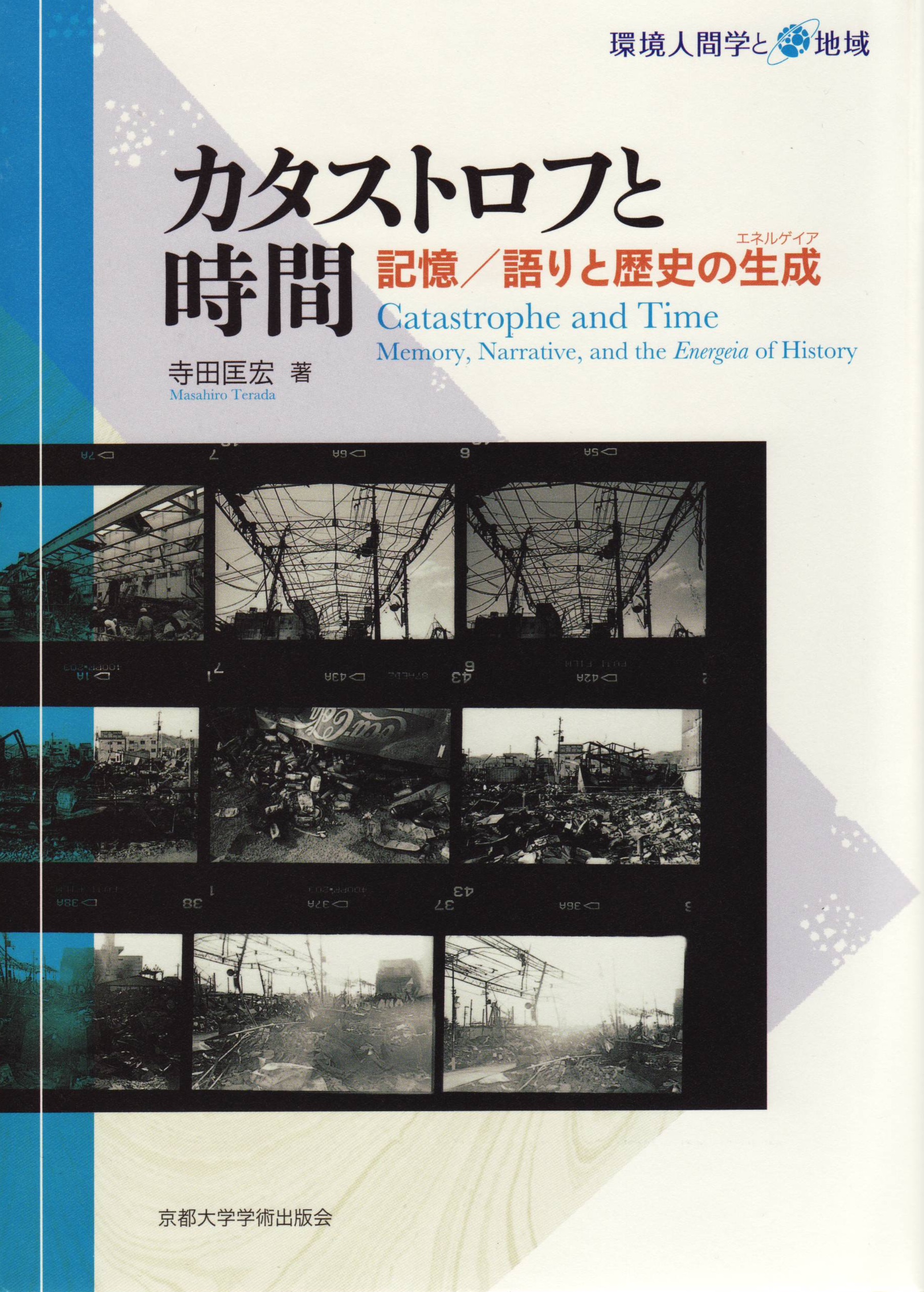
Book
Katasutorofu to jikan : kioku/katari to rekishi no enerugeia カタストロフと時間 : 記憶/語りと歴史の生成 = Catastrophe and Time: Memory, Narrative, and the Energeia of History
By narrating the event, human being make past present, and at the same time, by doing so it make present past. Especially to those who encounter the catastrophe this dimension of time and narrative is crucial because humanity is a creature of narrating the event. How is it possible and how did this species do so?
MORE

